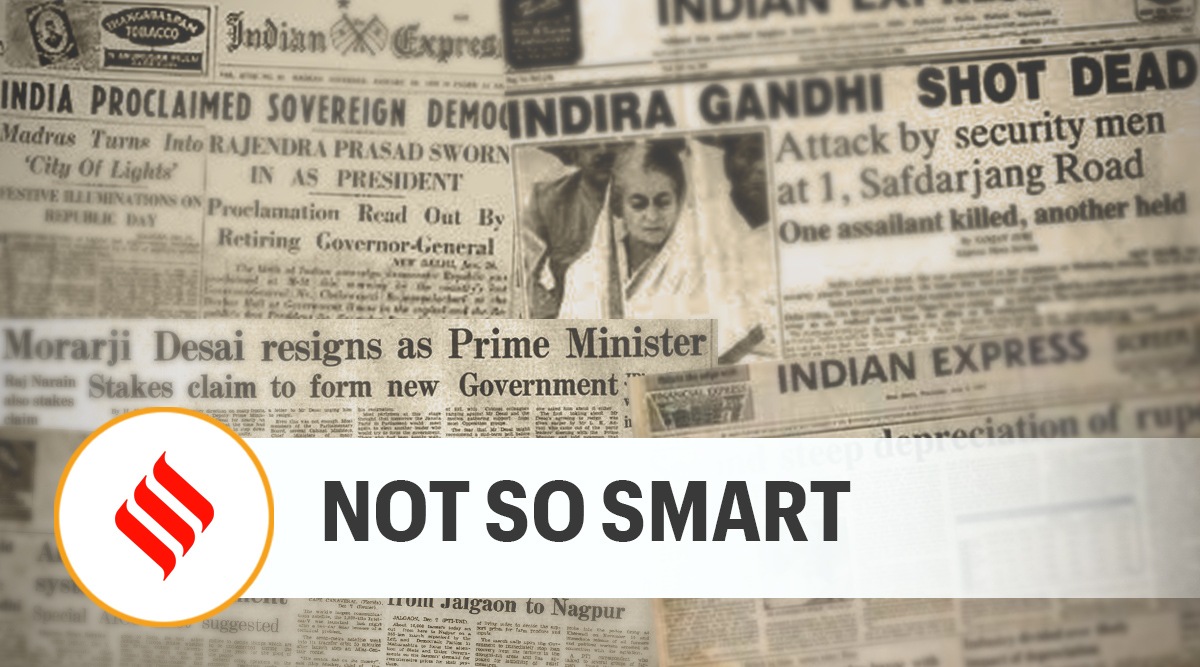 No doubt the allure of living an efficient, rent-free life in a smart technology-powered house is irresistible.
No doubt the allure of living an efficient, rent-free life in a smart technology-powered house is irresistible. You can see it in the movies: A bright and shiny future, in which shops and hospitals are run by robots, closets automatically dry clean clothes and refrigerators notify when food items are about to expire. But Tomorrowland is no longer just a celluloid fantasy. In the Delta Eco Smart Village in Busan, South Korea, 54 households are part of an experiment to conceive and build a “smart city” that could serve as a model for similar projects elsewhere. The price for living in the world of the future? Oh, just some data you won’t even miss about how you eat, sleep, consume and generally live. The 3D-printed cherry on top: No rent for two, maybe even three, years.
No doubt the allure of living an efficient, rent-free life in a smart technology-powered house is irresistible. It’s bad enough that residents of most urban sprawls around the world have to pay with their bank accounts and their health to live in box-like rooms, breathe tainted air and crawl from one weekend to the next. To not have to worry about everyday niggles like buying groceries, replacing busted light bulbs, folding laundry and emptying out the bin is a dream.
But the movies have also served up a warning about such a future: An impossible dream, like in the Matrix series, or dystopia in a pretty package, a la Wall-E, where human beings have evolved closer and closer to vegetables in behaviour, if not likeness (and don’t even get started on the privacy nightmare of data replacing money as currency.) Why should anyone even want to delegate the business of living to technology, no matter how smart it is? Life is, after all, the accretion of daily experiences — from the annoying I-forgot-to-buy-milk to the sublime I-found-love-at-the-dry-cleaners. For those who want to live a full life, to be fenced off from these, even by the smartest technology, would not be a smart thing to do.
This editorial first appeared in the print edition on March 31, 2022 under the title ‘Not so smart’.
- The Indian Express website has been rated GREEN for its credibility and trustworthiness by Newsguard, a global service that rates news sources for their journalistic standards.

